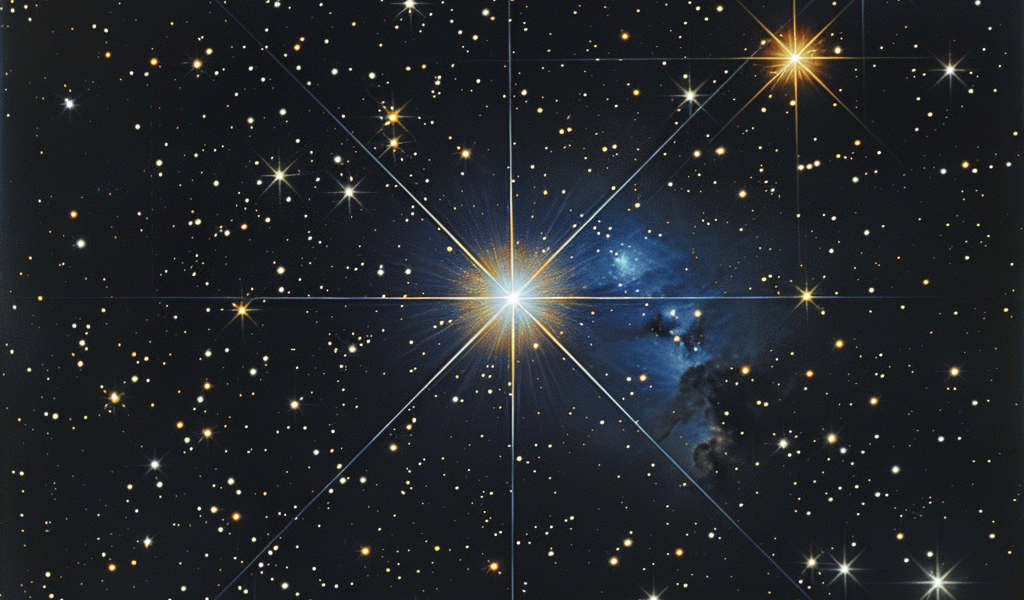An extraordinary celestial event is set to captivate stargazers worldwide as a rare explosion on a dwarf star, T Coronae Borealis, located 3,000 light years away, is expected to be visible to the naked eye. This phenomenon, described as a ‘once-in-a-lifetime event,’ is anticipated to occur between now and September, marking the star’s reappearance after its last sighting in 1946.
Referred to as the Blaze star, T Coronae Borealis is projected to shine as brightly as the north star in the northern hemisphere and as bright as Orion’s right foot for observers in the southern hemisphere. The star, known as a recurrent nova, undergoes a thermonuclear explosion approximately every 80 years due to the interaction between a white dwarf and a neighboring red giant, resulting in a spectacular outburst visible from Earth.
Dr. Laura Driessen from the University of Sydney’s school of physics explained that the white dwarf in the T Coronae Borealis system accretes hydrogen from the red giant, leading to a buildup of pressure and heat that triggers the explosion. This event, known as a nova, is expected to manifest itself in the night sky in the coming months, offering a unique opportunity for astronomers and enthusiasts to witness this cosmic spectacle.
As astronomers and space enthusiasts eagerly await the appearance of the ‘new’ star in the Corona Borealis constellation, Nasa has labeled this event as a ‘once-in-a-lifetime’ occurrence. The binary system’s close proximity allows for a gravitational interaction that results in periodic outbursts, creating a mesmerizing display of cosmic phenomena.
Unlike a supernova, which signifies the end of a star’s life, a nova is characterized by a smaller surface explosion fueled by material accretion. The anticipated visibility of T Coronae Borealis is expected to last for approximately a week, offering observers a unique window to witness this celestial dance between the red giant and the white dwarf.
With the stage set for this rare cosmic event, astronomers and skywatchers around the world are preparing to witness the luminous display of T Coronae Borealis, a celestial spectacle that promises to awe and inspire all those gazing up at the night sky.





